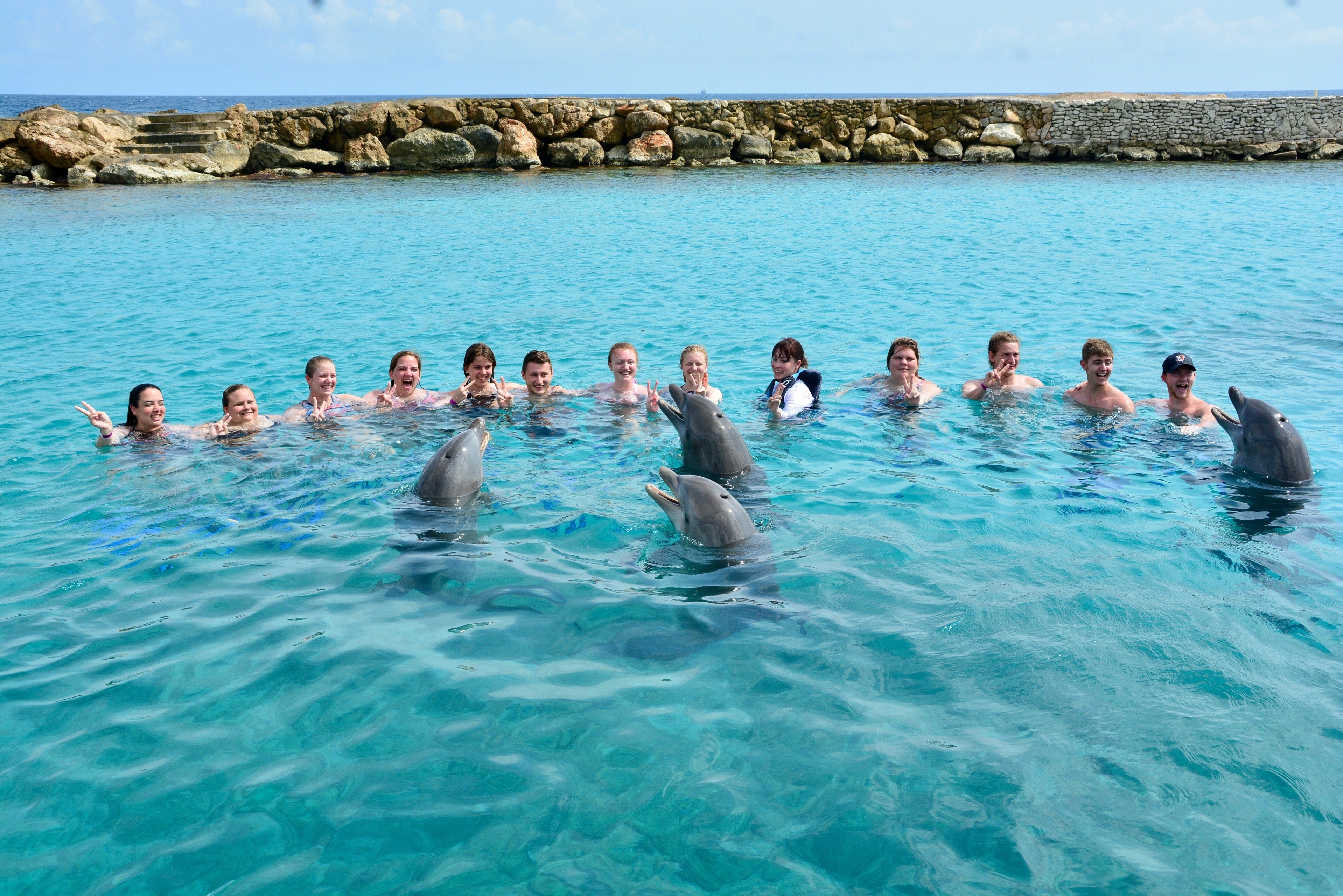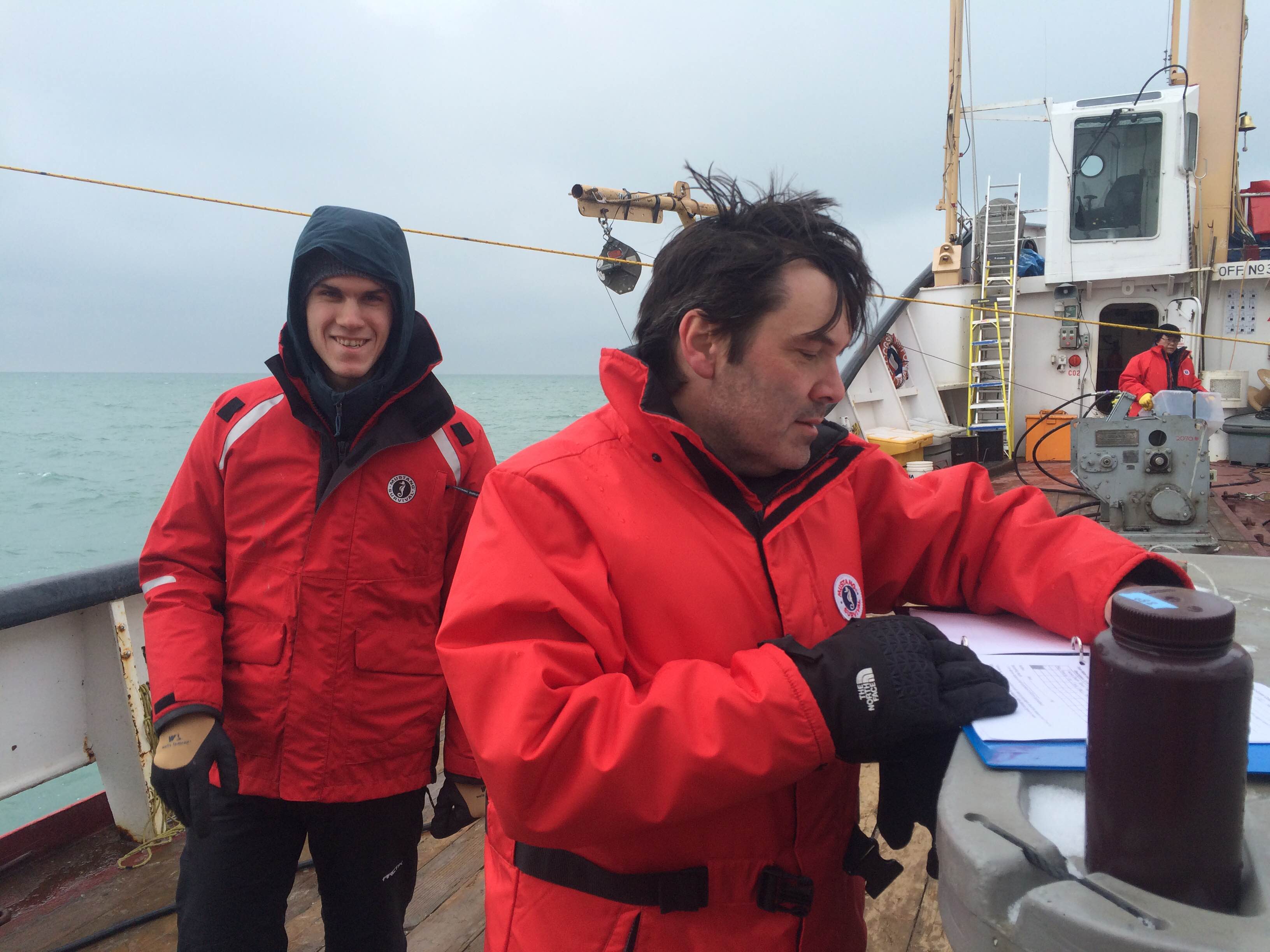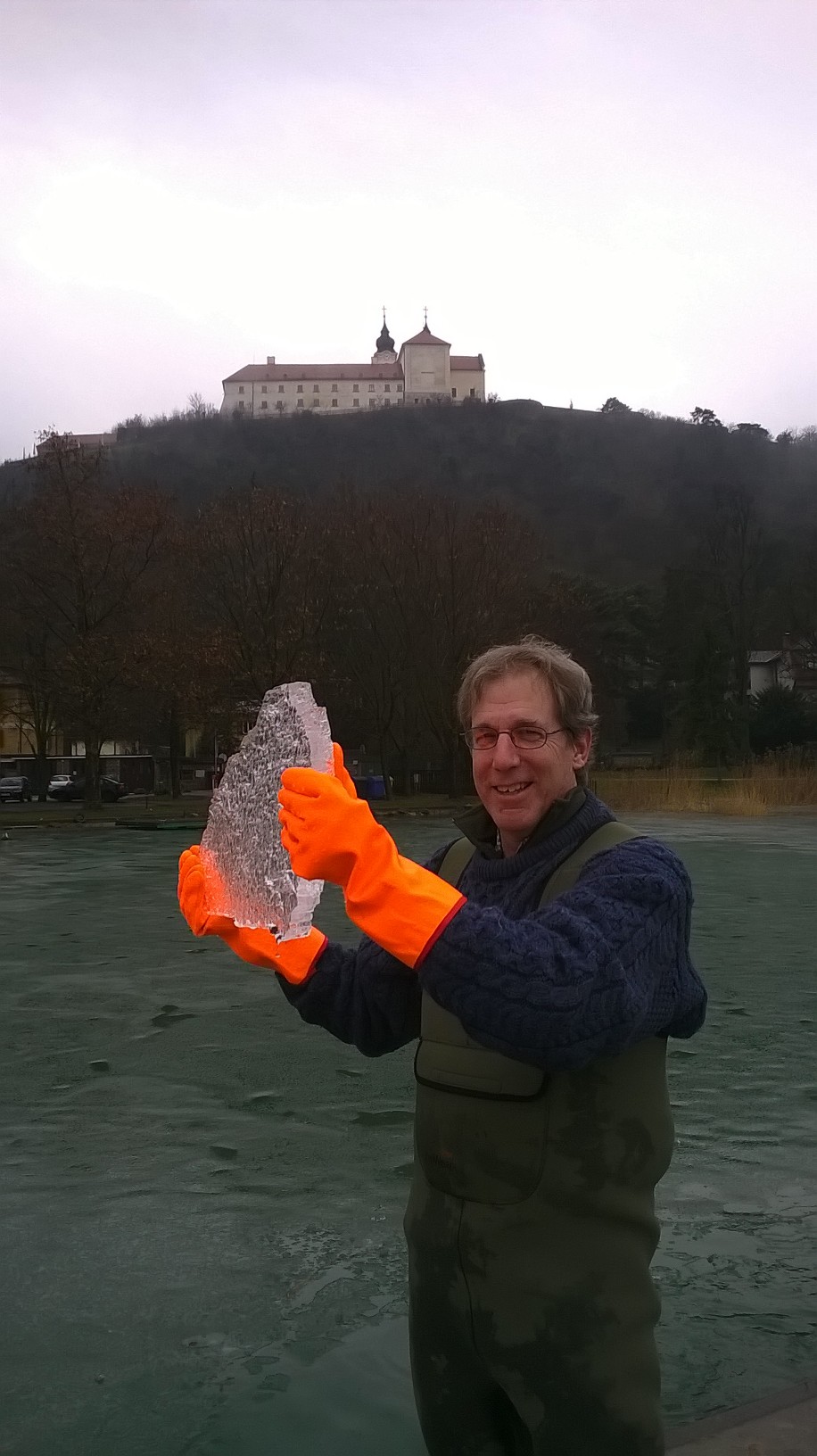Marine & Aquatic Biology
MARINE AND AQUATIC BIOLOGY SPECIALIZATION
Marine and Aquatic Biology is the study of marine and freshwater organisms, their behaviors, and their interactions with the environment. Marine and Aquatic Biology is a subdiscipline of both oceanography and limnology. To best understand aquatic organisms, students are encouraged to acquire an appreciation for the allied disciplines of chemical, physical, and geological oceanography and limnology.
The oceans represent the final frontier of discovery on earth. They possess vast untapped resources, provide a global transportation network for commerce, and play a pivotal role in moderating earth's climate. Likewise, our freshwater resources support both commercial and recreational activities. They serve as readily accessible sources of potable water and influence climate on regional scales. Human activities related to global population growth represent a serious challenge to preserving these important resources. We must build upon our existing knowledge of the ocean and our lakes and their potential to help meet the needs of this and future generations.
Career opportunities in the marine and aquatic sciences are exciting and varied. Graduates may find work with one of the branches of government, in academia with university research labs, with the private sector (consulting, natural resource exploration, aquaculture, recreation), or with a non-governmental organization.
The Marine and Aquatic Biology specialization at BGSU requires completion of a suite of core courses in basic biology, genetics, ecology, and marine biology, including internships and field requirements. Taking advantage of our affiliation with the Gulf Coast Research Lab, students are encouraged to enroll in one or more of GCRL’s specialized summer session field classes with a range of offerings including shark biology, marine ichthyology, marine mammals and dolphin and whale behavior. Students will complement their marine coursework with elective courses at BGSU in different areas of ecology and conservation biology as well as advanced courses in organismal biology which create depth of knowledge in biodiversity. Electives in cell, molecular and regulatory biology recognize the increasing importance of training in these areas in gaining insights into the underlying molecular basis of community function. Finally, applied technical training through experiential learning and focused coursework in statistics, GIS, remote sensing independent research, service learning, or internships is also integrated into the program. A check sheet detailing current Marine and Aquatic Biology Specialization requirements is available in the BGSU Undergraduate Catalog.
LEARNING OUTCOMES:
Upon completion of this specialization, undergraduates will:
• Demonstrate knowledge of the basic principles of marine biology and gain an appreciation of its role as a subdiscipline of oceanography.
• Gain a better understanding of how the marine environment is impacted by human activities.
• Develop critical thinking skills as well as an understanding of the nature of science, demonstrate the ability to evaluate biological research, and demonstrate technical skills relevant to marine biology.
• Demonstrate the ability to articulate their understanding of marine environments in both oral and written formats to professional and non-science audiences.
• Seek employment consistent with their interest in marine science, pursue professional school or graduate education, or be satisfied that the degree met other personal objectives.
May Field Experience: Curacao
Dr. Matthew L. Partin, Senior Lecturer and Curator of the Marine Lab at BGSU took a group of 13 students to the Caribbean island of Curaçao this May to conduct reef fish surveys and to participate in coral reef restoration activities with SECORE International and the Coral Restoration Foundation. Students also had the opportunity to work as dolphin trainers at the Dolphin Academy. These experiential learning trips give students in the Marine & Aquatic Biology program important hands-on working opportunities and develop networking skills for future internships and jobs. In October, BGSU arranged to send 2 interns every 6 months to the Curaçao Sea Aquarium and one of the current interns was recently hired as a Senior Aquarist/Coordinator for future interns.

February Field Experience: CCGS Griffon on Lake Erie

Dr. R. Mike McKay: taken in February on board CCGS GRIFFON – Canadian Coast Guard icebreaker – in Lake Erie. The student behind Dr. McKay is Derek Smith, a 2015 BGSU graduate and current PhD student at the University of Michigan.
February Field Experience: Lake Balaton, Hungary
Dr. George Bullerjahn: taken in February at Lake Balaton, Hungary at the Balaton Limnological Institute. The ancient Tihany monastery is perched on a hill behind the institute.

Updated: 05/28/2025 04:17PM
